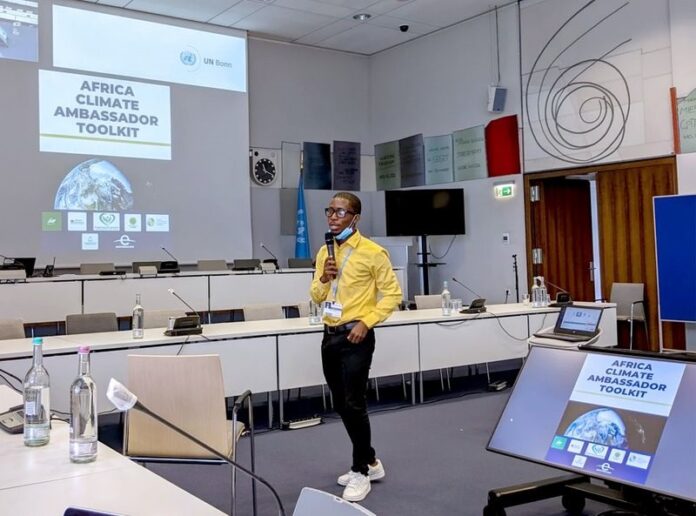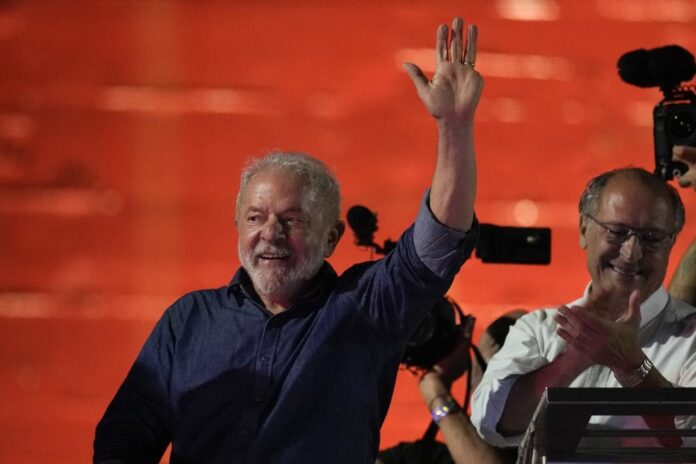Through his “Africa Climate Ambassador Toolkit”, young people across Africa and the US are learning to engage in climate activism and restoration activities.
Although Ezekiel Nyanfor only learned about climate change three years ago when he moved to his country’s capital, Monrovia, the 24-year-old is convinced the older generation will not bring any climate solutions.
“We, the young people can solve the climate crisis. Generations have come and gone and each of those that passed had a challenge they solved ranging from slavery, justice, freedom fighting among others. Our time’s challenge is the climate crisis,” he tells bird story agency.
For Nyanfor, the climate change buck stops with the youth. But he’s also aware, from his experience, that lack of information is a major roadblock to young people’s involvement in climate change activism.
“For years, I lived in Harper village in southern Liberia, and no day passed without being asked to go and collect firewood. Those are six years of hurting our climate unknowingly. I was never taught about climate change in school or at home. This means thousands of young people are also still in the dark.”
This “failure” by the older generations drove him to found Liberian Youth for Climate Actions, through which he developed ‘The Africa Ambassadors’ Toolkit.’ This free online climate information resource teaches youth about climate change, inspires climate activism, and answers climate change-related questions.
The toolkit also outlines the origin of climate change and how it has affected agriculture and food resources, assesses different climate policies and agreements, shares stories of activists who have impacted their societies, and empowers the youth with skills, values and attitudes needed to become climate defenders.
“I am greatly inspired every time I see young people come up and demand solutions specific to their societies. But my goal is to have all of them well-informed and properly grounded with knowledge,” Nyanfor says.
The toolkit has already attained substantive attention with climate action groups and organisations adopting it for internal training.
“We took about six months to develop the toolkit, which is now actively being used to train young climate ambassadors in Kenya, Zambia, Uganda, US, Liberia and Zimbabwe,” he explains.
Nyanfor, who represents Liberia’s youth at the United Nations Framework Convention on Climate Change (constituency of Youth Non-Governmental Organizations), is one of the young leaders drafting statements to be submitted and presented at the upcoming COP 27 in Egypt this November.
“COP 27 is an action COP and not a pledging COP. We have our statements already and we are now engaging with our network of young climate ambassadors to update them,” he says.
He believes African countries will have more negotiating power if they approach the COP with one voice.
Notwithstanding, Nyanfor’s primary mission is to reach as many young people as possible with the message of climate action.
“This is my life’s calling; I am travelling this path for life.”







